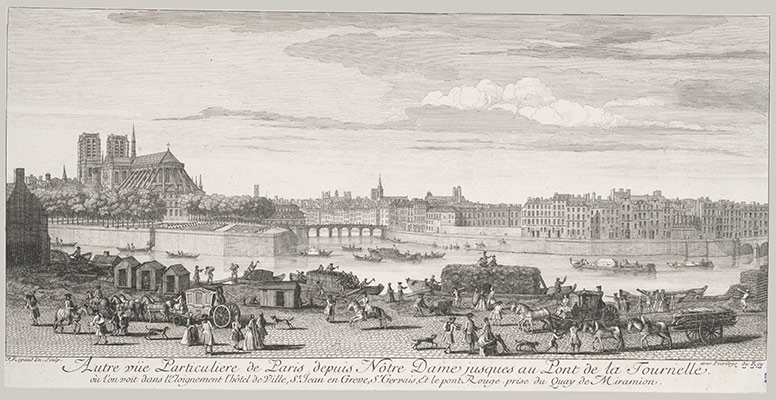A one-day symposium on texts by British tourists and travellers
Wednesday, 9 May 2018
Senate House, University of London
Travel narratives have long been the focus of critical, historical, and sociological analysis. The legacy of the Grand Tour, the growth of mass tourism in the nineteenth century, and the opportunities afforded by a vast empire to travel in ‘exotic’ regions have meant that British travellers, in particular, have been the object of a great deal of research. However, much of this research has focused on those travellers with the cultural capital to have their work formally published, and this in turn has perhaps skewed the picture towards narratives from upper-middle and upper class tourists.
This symposium will focus on British travellers, but with the intention of broadening the definition of travel writing to include unpublished texts written, for example, by ordinary tourists, rather than by the relatively small elite who were able to publish their accounts. Conversely it will also examine ‘unreliable’ narratives – for example, by elite colonial travellers, subaltern travellers, and others whose accounts are potentially compromised by censorship and political agendas.
The aim is to deepen our understanding not only of lower-middle class and working-class tourists and travellers, but also to interrogate the reliability of travel narratives in general, by exploring textual and travel practices that are often overlooked. These practices reveal how tourists experienced and responded to travel both within the British Isles and abroad, but also how those in the service of Empire mingled tourism with duty, and how their accounts were structured accordingly.
The experiences of the ‘tripper’ and the ‘excursionist’, on the one hand, and the servant of Empire, on the other, were arguably much more common than those of the flâneur, the famous explorer, or the Grand Tourist, yet they have been relatively under-researched and undervalued. By broadening the range of narratives under consideration to include those without the official imprimatur of a book publisher or newspaper editor, and those whose experiences were coloured by political and imperial exigency, we gain a more complex and nuanced awareness of the multiplicity of travel experiences.
Papers are invited that address the following areas:
- Unedited, unmediated travel narratives and texts – manuscripts, visitors’ books, hotel registers, personal diaries and correspondence.
- The material culture of tourism – postcards, souvenirs, and other travel ephemera, graffiti, railway posters, guidebooks, and scrapbooks.
- Mass tourism – Cook’s Tours, package holidays, railway excursions, Bank Holiday weekends, works outings.
- Unauthorised travel – trespass, ‘stravaiging’, vagrancy, illegal immigration and migration, travel to ‘forbidden zones’, travel on the margins of Empire or beyond.
- Unreliable travel – travellers whose accounts are compromised by political expediency, national or ethnic affiliation, censorship or self-censorship.
- Migration, emigration and professional travel narratives – forced and voluntary migration, travel as a soldier or other servant of Empire, travel by train or coach drivers, sailors, and cicerones.
200 word abstracts are invited for papers of 20 minutes in length. Please submit proposals to alan.mcnee@sas.ac.uk by 14 February, 2018.

